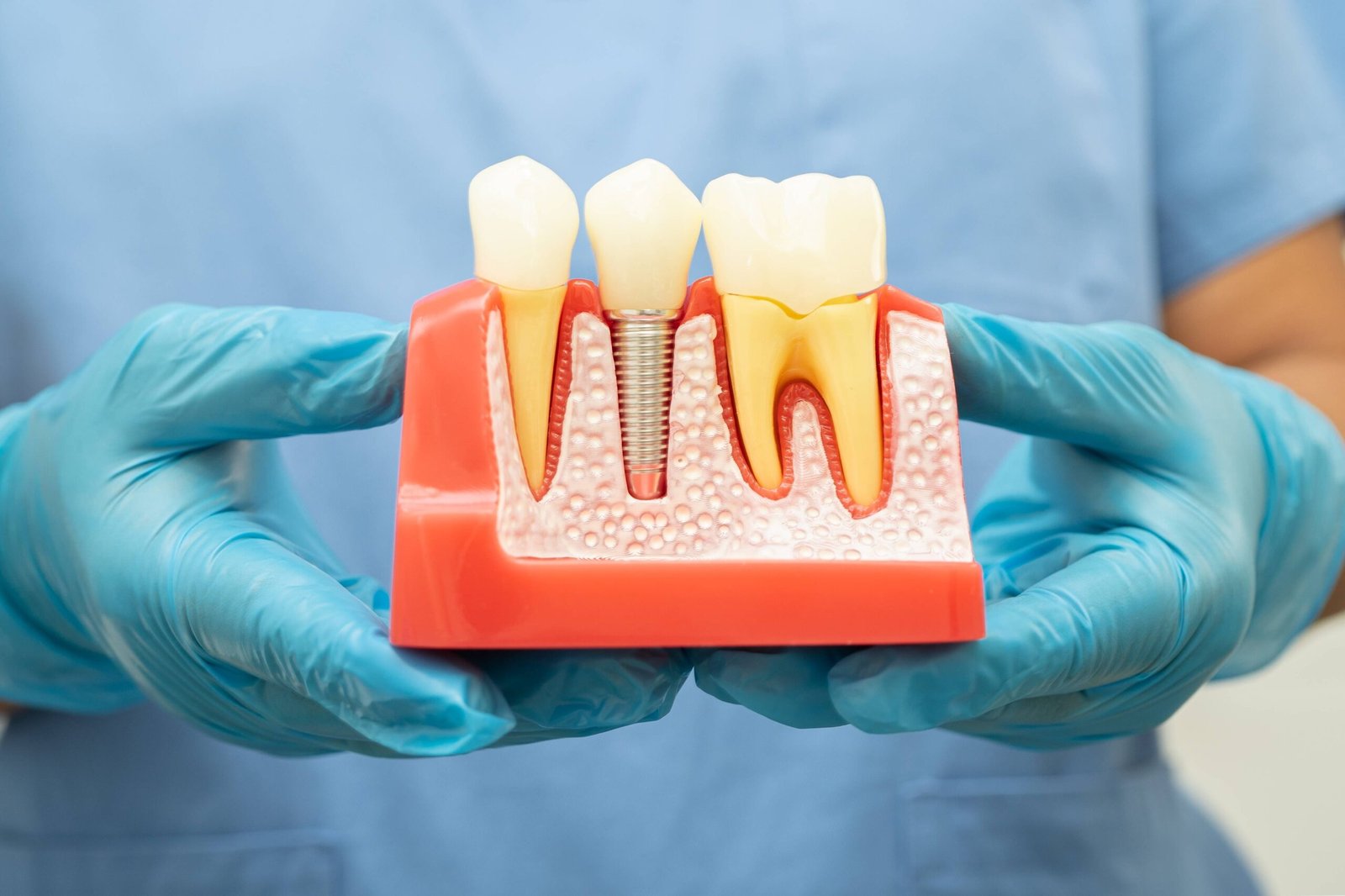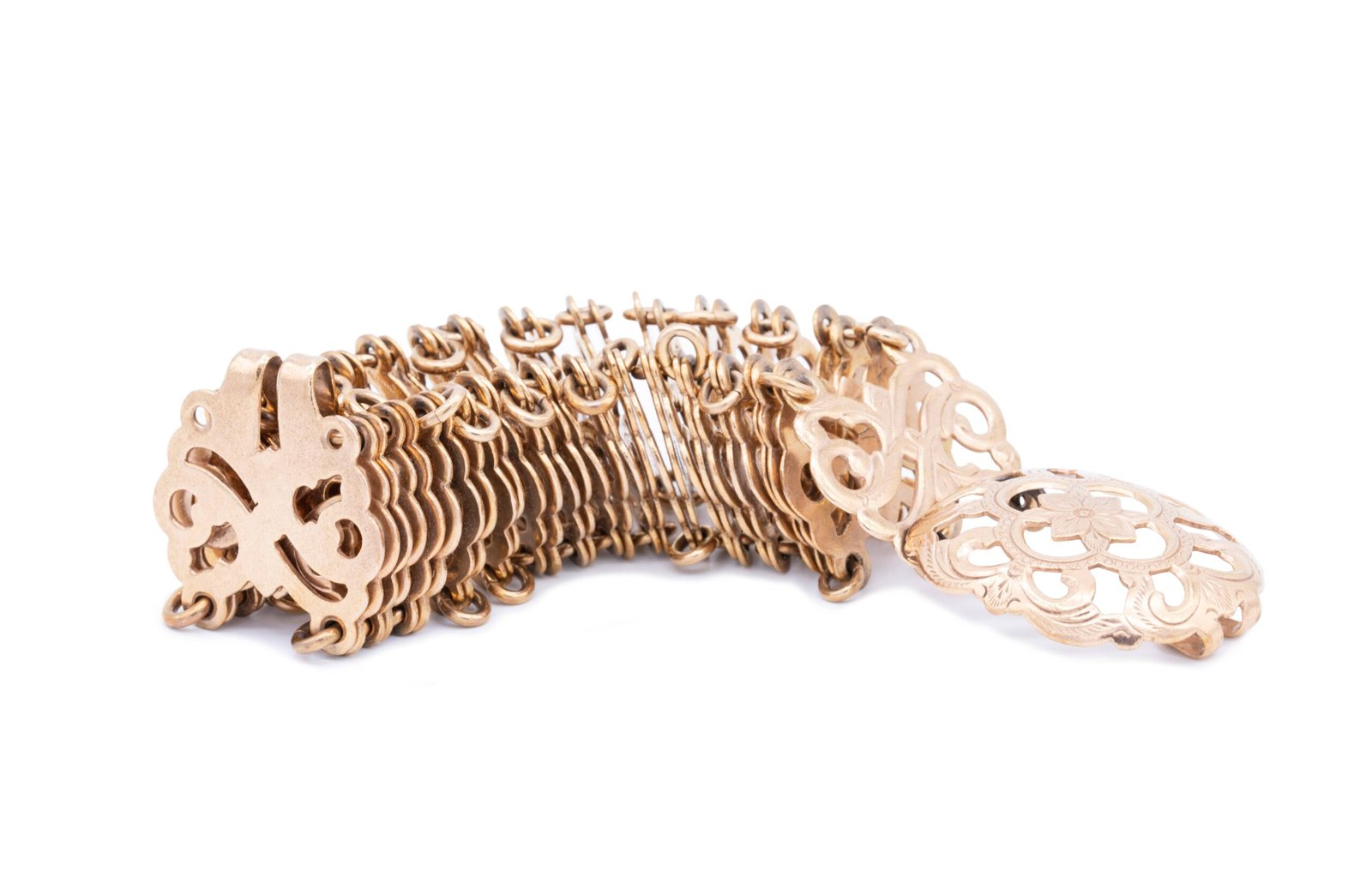腐食耐性金属は、現代のエンジニアリングにおいて重要な役割を果たします, 製造業, および建設産業. これらの特別な金属と合金は錆を防ぐのに役立ちます, 酸化, および環境被害, 過酷な環境で長期にわたるパフォーマンスを確保します.
この記事では、耐腐食性の金属に関する本質的な知識をご案内します, 彼らのタイプ, キーアプリケーション, 特定のニーズに最適な金属を選択する方法.
腐食耐性金属とは何ですか?
それで, 正確には何ですか 腐食耐性金属? 簡単に言えば, それらは金属です 損傷に抵抗するように設計されています 錆から, 腐食, および酸化. これらの特別な金属はに構築されています 過酷な条件に耐えます 水分のように, 塩, 通常、通常の金属を壊させる化学物質.
なぜ金属が腐食するのか?
特定の金属が耐性を耐えるものに飛び込む前に, そもそも金属が腐食する理由をすぐに見てみましょう. 金属は、ような物質と接触すると腐食します 水, 空気, または 塩 時間とともに. これは錆または酸化につながります, これにより、金属が弱くなり、効果が低下します. しかし、耐性耐性金属はその方法で扱われます このダメージを防ぎます 出来事から.
腐食耐性金属の背後にある魔法
これらの金属は、特定の方法で作られたり処理されたりします 保護シールドを作成します 表面, 水分を保ちます, 空気, 金属の中核に到達する化学物質. これ 保護層 自然に形成できます (アルミニウムのように), またはそうすることができます 適用済み (亜鉛メッキ鋼のコーティングのように). それが金属が好きな理由です ステンレス鋼 そして チタン 長持ちし、通常の鋼のように錆びないでください.
なぜあなたは気にする必要があります?
耐食性金属は重要です 物事が濡れる環境, のように マリーナ, 工場, または 屋外建設サイト. 彼らはまた、ような厳しい状況を処理することができます 極端な温度, 高圧システム, または 化学物質への暴露. これらの金属はに構築されています 長く続きます, より少ないメンテナンスが必要です, そして、費用のかかる修理や交換からあなたを救います.
あなたが知っておくべき大きな利点
腐食耐性金属を選択することは、錆を避けることだけではありません - それは時間を節約することです, お金, 長期的には手間がかかります. これらの特別な金属が非常に多くの業界やプロジェクトにとって賢明な選択である理由は次のとおりです.
彼らは物事が長持ちするのを助けます
錆びた部品の修理や交換を続けたい人はいません. 腐食に強い金属は、何年も強くて見栄えが良いままです, 屋外のような厳しい環境でも, 海の近く, または化学プラントで.
修理とメンテナンスでお金を節約します
錆の損傷は、高価な修理や交換につながる可能性があります. 最初から適切な金属を使用すると、これらの追加コストを回避するのに役立ちます.
人や機器を安全に保ちます
さびや腐食は、構造や部分を弱める可能性があります, 安全性の問題を引き起こす可能性があります. 腐食耐性金属は、すべてを適切かつ安全に動作させるのに役立ちます.
過酷な環境に最適です
あなたのプロジェクトが水に直面している場合, 塩, 化学薬品, または極端な温度, 簡単にあきらめない金属が必要です. 腐食に強い材料が輝いています.
見た目も重要です
ステンレス鋼や銅などのいくつかの金属は、錆と戦うだけでなく、きれいに見えるだけでなく, 光沢, そして長い間モダン. これにより、外観が重要な製品に最適です.
金属腐食耐性を作るもの?
保護コーティングまたは酸化物層
多くの腐食耐性金属はaを形成します 保護層 空気や湿気にさらされたときに表面上. 例えば, 鋼が持っているとき クロム 追加した (ステンレス鋼のように), の薄い層を形成します 酸化クロム それは水分と空気が金属自体に届かないようにします. この層は、腐食から金属を保護するのに役立ちます, 錆を遠ざける盾のように.
元素の合金化
一部の金属は他の要素と混合されています (呼び出されました 合金) 腐食に対する耐性を改善するため. 例えば, 追加 ニッケル または 銅 鋼や他の金属にとっては、錆や腐食に対してより耐性を高めることができます. これらの追加された要素は、金属内に強い結合を生成します, 水と化学物質がそれを分解することを難しくします.
腐食耐性治療
腐食抵抗をさらに高めるため, 金属は特別な方法で処理できます. 熱処理, のように 急冷, 金属を強化し、厳しい状態に耐えるのに役立ちます. 一部の金属もコーティングされています 亜鉛 (亜鉛メッキ鋼のように) または ニッケル, そもそも腐食が起こらないようにする余分な障壁を作成する.
自己癒しの特性
一部の腐食耐性金属があります 自己癒し プロパティ. 例えば, 保護層が傷が付いた場合, それは時間の経過とともにそれ自体を修復することができます. これがいくつかの材料です, のように ステンレス鋼, 少し損傷を受けていても、機能し続けることができます.
酸化に対する耐性
酸化は、金属が酸素と反応すると起こることです, しばしば錆につながります. 腐食耐性のある金属 酸化に抵抗します, つまり、彼らは空気や水中の酸素と簡単に反応しないことを意味します. これは、材料が次のようにする主な理由の1つです アルミニウム そして チタン 水分が多い環境にはとても素晴らしいです.
腐食耐性金属の種類
ステンレス鋼 - オールラウンド
ステンレス鋼は、おそらく腐食抵抗を考えるときに思い浮かぶ最初の金属です. その 強い, 耐久性のある, 汎用性があります, それがどこでも使用されている理由です キッチンシンク 建設現場に.
なぜそれが素晴らしいのか: で作られています クロム, 錆を寄せ付けないように保護層を形成します. ステンレス鋼は水分を処理できます, 熱, 化学物質と, 海洋環境に最適です, 食品加工, および医療機器.
それをどこで使用するか: それはどこにでもあります - アプライアンス, パイプライン, 医療機器, そして車でさえ!
アルミニウム合金 - 軽量で丈夫
何かが必要な場合 軽量 しかし、それでも 耐食性, アルミニウム合金は素晴らしい選択です. それらは、航空宇宙のような業界で特に役立ちます, 交通機関, そして建設.
なぜそれが素晴らしいのか: アルミニウムは自然に錆びないように保護する酸化物層を形成します. また、形を整えるのも簡単で、製品を圧迫しません.
それをどこで使用するか: 考える 飛行機, 自転車, と屋外の家具 - アルミニウム合金は、重量を加えることなく強くする必要があるものに最適です.
チタン - それらの中で最もタフなもの
チタンはその1つです ほとんどの腐食耐性金属 あなたは見つけることができます. 信じられないほど強いです 錆の免疫, 過酷な環境に最適です, 深い水中のように、または高温設定のように.
なぜそれが素晴らしいのか: チタンはほとんどの物質と反応しません, 含む 海水 そして 酸. それは難しく、その強さを両方に維持します 低温および高温, 航空宇宙や医学のような産業に最適です.
それをどこで使用するか: チタンがあります ジェットエンジン, 医療用インプラント, そして 海洋機器.
ニッケル合金 - 高熱と高強度
ニッケル合金は、両方が必要な状況に最適です 腐食に対する強度と抵抗, 特に高温で. これらの合金は、極端な熱または過酷な化学物質にさらされる場所で一般的に使用されます.
なぜそれが素晴らしいのか: ニッケルは、腐食や酸化に対して自然に耐性があります, そして、他の金属と混合するとき, それは非常に高い温度と極端な環境に耐えることができる合金を作成します.
それをどこで使用するか: 考えてみてください 発電所, 化学処理, そして 石油掘削装置 - 耐食性と組み合わせて耐熱性が必要な場所.
銅合金 - 天然保護者
銅は人間が使用する最も古い金属の1つです, そして、それは自然です 腐食に強い. 銅合金 (銅は他の金属と混合されています) 錆から保護するための優れた特性があり、しばしば使用されます 海洋環境.
なぜそれが素晴らしいのか: 銅合金は腐食に抵抗するだけではありません, しかし、彼らも持っています 抗菌特性, つまり、彼らは細菌や他の細菌を殺すのに役立つことを意味します.
それをどこで使用するか: 配管パイプ, 海洋機器, そして 電気配線 銅合金が使用される一般的な場所の一部です.
腐食耐性金属の一般的な応用
| アプリケーションフィールド | 推奨金属 | 重要な利点 |
| 海洋産業 | ステンレス鋼, 銅合金 | 海水腐食に対する耐性 |
| 食品加工 | ステンレス鋼, ニッケル合金 | 衛生, 掃除が簡単, 耐食性 |
| 航空宇宙 | ニッケル合金, アルミニウム合金 | 軽量で極端な気温に耐性があります |
| 化学産業 | ニッケル合金, ステンレス鋼 | 優れた化学および酸化耐性 |
適切な腐食耐性金属を選択する方法
それがどこに使用されるかを考えてください
最初に最初のこと: あなたの金属はどんな環境になりますか?
- 塩水にさらされるのでしょうか? ステンレス鋼またはアルミニウムが最善の策である可能性があります.
- 化学物質にさらされますか または極端な熱? ニッケル合金またはチタンは、それらの条件を処理するのに最適です.
- 屋外での使用のためだけですか 乾燥した領域で? アルミニウムは、その軽量で腐食耐性の特性のためにトリックをするかもしれません.
環境を理解することは、長持ちし、パフォーマンスを向上させる金属を選ぶのに役立ちます.
使用方法を検討してください
次, 必要な部分の種類を考えてください.
あなたは一緒に働いていますか カスタムシェイプまたはサイズ? いくつかの金属, ステンレス鋼のように, 作業が簡単で、簡単にカットまたは溶接できます.
あなたは金属が必要ですか? 軽量 しかし、それでも大変です? 多くの場合、アルミニウムは体重が懸念事項であるが、腐食保護が依然として重要な場合に頼りになるオプションです.
プロジェクトの処理ニーズに合った金属を選択すると、長期的には物事がよりスムーズになります.
バランスコストと耐久性
予算について話しましょう.
一部の腐食耐性金属, のように ステンレス鋼, かなり手頃な価格で、多くのアプリケーションで仕事をうまくやっています. しかし、もっと専門的なものが必要な場合, のように チタン または ニッケル合金, それらはより高価になります.
それはあなたのプロジェクトが必要とするものとあなたの予算内に収まるものとの間の適切なバランスを見つけることです. 高性能の金属のために前に少し余分に支払うことで、後で修理でもっと節約できることがあります.
助けを求めることを恐れないでください
どの金属があなたに適しているかはまだわかりません? 助けることができる専門家に手を差し伸べることを躊躇しないでください.
信頼できる 金属サプライヤー または、製造業者がプロジェクトの環境に最適な耐腐食性材料を選択する際にあなたを導くことができます, ニーズ, と予算.
最終的な考え
プロジェクトに適した腐食耐性金属を選択すると、長期的な耐久性が保証されます, メンテナンスコストを削減します, 全体的な製品パフォーマンスを向上させます.
信頼できる金属加工パートナーとの連携により、選択された材料が耐性耐性だけでなく、特定のプロジェクト要件に合わせてカスタマイズされることを保証します.
Tops Precision Manufacture Coにお問い合わせください。, 株式会社.
私たちは、あなたの業界のニーズに合わせて調整された専門的な金属選択ガイダンスと精密機械加工サービスを提供します.
腐食耐性金属に関するFAQ
1. 最も腐食耐性はどの金属です?
チタンと高品質のステンレス鋼 (のように 316) 過酷な環境で優れた腐食抵抗を提供します.
2. すべてステンレス鋼の腐食耐性です?
はい, しかし、いくつかの成績 (のように 316) 他の人よりも良い保護を提供します, 特に塩水または化学物質への曝露で.
3. アルミニウムの錆びません?
アルミニウムは鉄や鋼のように錆びません, しかし、それはいくつかの条件で腐食する可能性があります. その天然の酸化物層は、良好な保護を提供します.
4. どの金属が私に適しているかを知るにはどうすればよいですか?
プロジェクト環境を検討してください, 予算, および処理のニーズ. 疑わしい場合, プロの金属サプライヤーに相談してください.
外部リンク :








